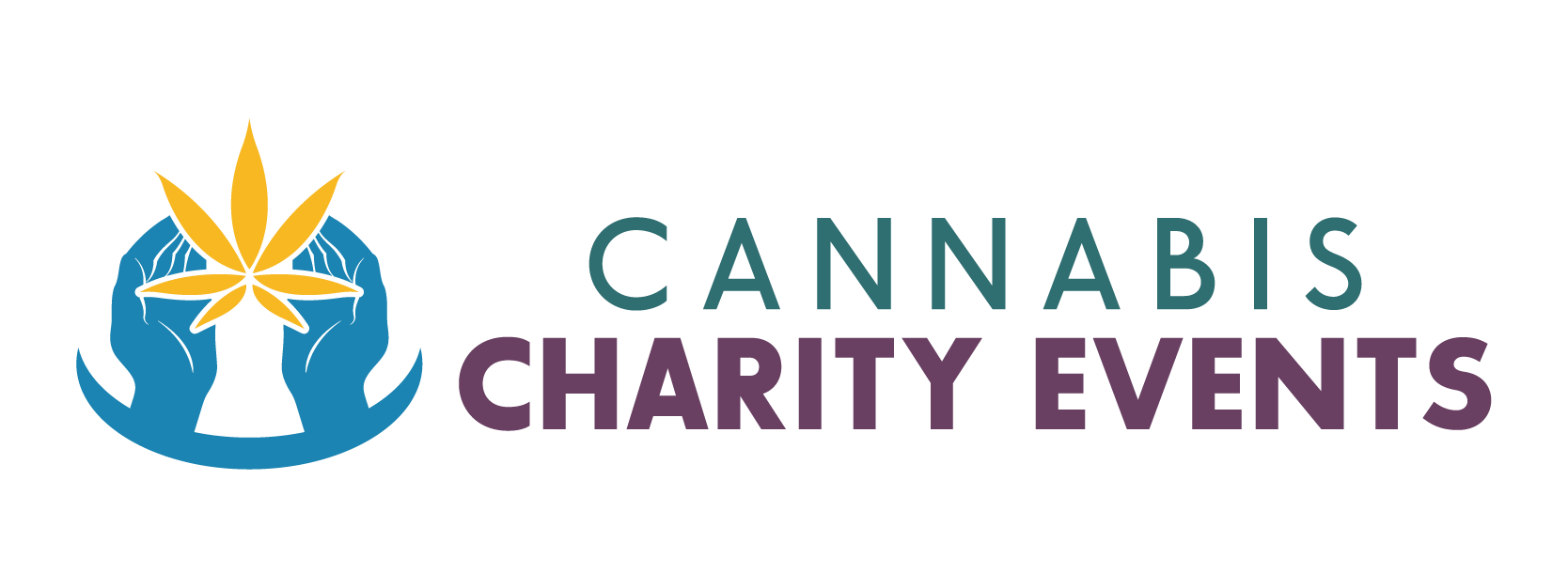Across the cannabis industry, some of the most meaningful charity work now centers on expungement and prison reform—practical, people-first efforts that help clear past cannabis records and support those still incarcerated. From traveling clinics to in-store donation drives and high-profile advocacy events, organizers are pairing fundraising with direct services so individuals can actually move forward.
One of the most visible anchors each year is National Expungement Week—now organized by National Expungement Works (N.E.W.). The initiative coordinates local partners to deliver record-clearing clinics alongside wraparound resources like job help, housing guidance, and know-your-rights education. That “whole person” approach is by design: attendees can meet attorneys, get paperwork started, and connect with community services in one stop. Materials from N.E.W. describe these weeks as a culmination of year-round mutual aid, not a one-off event, with pop-ups ranging from legal screenings to community resource days.
Where expungement meets workforce opportunity, the 40 Tons Level Up Career Conference has emerged as a model. Equal parts job fair, community resource hub, and legal clinic, Level Up builds expungement services into the event itself—so a résumé tune-up can happen the same day someone begins clearing an old cannabis case. That pairing matters: clean records expand hiring options, and on-site employers are ready to talk. Conference agendas and recaps highlight expungement clinics, professional development sessions, and social-equity scholarships, with past editions hosted at major venues and timed to community milestones like Juneteenth.
Minorities for Medical Marijuana (M4MM) extends this hands-on model through Project Clean Slate, a traveling program that stages expungement fairs with attorneys and social-service partners. The clinics don’t just file forms; they add mentoring, workforce readiness, and referrals that help attendees stabilize life after a record is cleared. Coverage of recent activations shows dispensaries and nonprofits teaming up to provide on-site lawyers and step-by-step guidance on state sealing processes—proving how retail spaces can become justice hubs when the community needs them.
The Last Prisoner Project (LPP) connects the dots between charity, policy, and reentry support. Its “Roll It Up For Justice” program lets retailers invite customers to round up at checkout, channeling thousands of micro-donations into legal aid, reentry grants, and clemency work. For consumers, it’s a simple everyday action that funds system-level change. LPP also engages at the policy front, backing measures like the bipartisan HOPE Act to help states finance expungement infrastructure—critical for scaling record clearance beyond one clinic at a time.
On the clemency and incarceration side, The Weldon Project’s MISSION [GREEN] keeps focus on people still serving time for nonviolent cannabis offenses. Through advocacy campaigns, bipartisan coalition-building, and profile-raising events, the initiative pushes pardons, commutations, and post-release support—often in partnership with leaders from entertainment and the cannabis industry to widen impact. Their materials emphasize creating pathways to release and expungement so constituents can fully rebuild their lives.
The throughline in all these efforts is practical design: meet people where they are, bring services under one roof, and pair charity dollars with legal outcomes. Clinics embedded in conferences reduce stigma and travel costs. Retail round-ups turn everyday purchases into reliable funding streams. Advocacy galas and awareness weeks keep policymakers’ attention while pointing attendees to the next clinic on the calendar. Together, these events demonstrate how an industry built on a newly legal product can shoulder responsibility for the past—moving from statements to services.
For consumers and companies asking “How can we help?”, the checklist is straightforward: host or sponsor a clinic with a vetted partner; train staff to promote round-up donations; give employees paid time to volunteer; and amplify policy campaigns that unlock state resources for mass expungement. Most importantly, measure success in lives impacted—records cleared, people released, jobs landed—not just dollars raised. When charity is engineered for outcomes, justice stops being an aspiration and starts looking like paperwork filed, court dates set, and doors opening.

